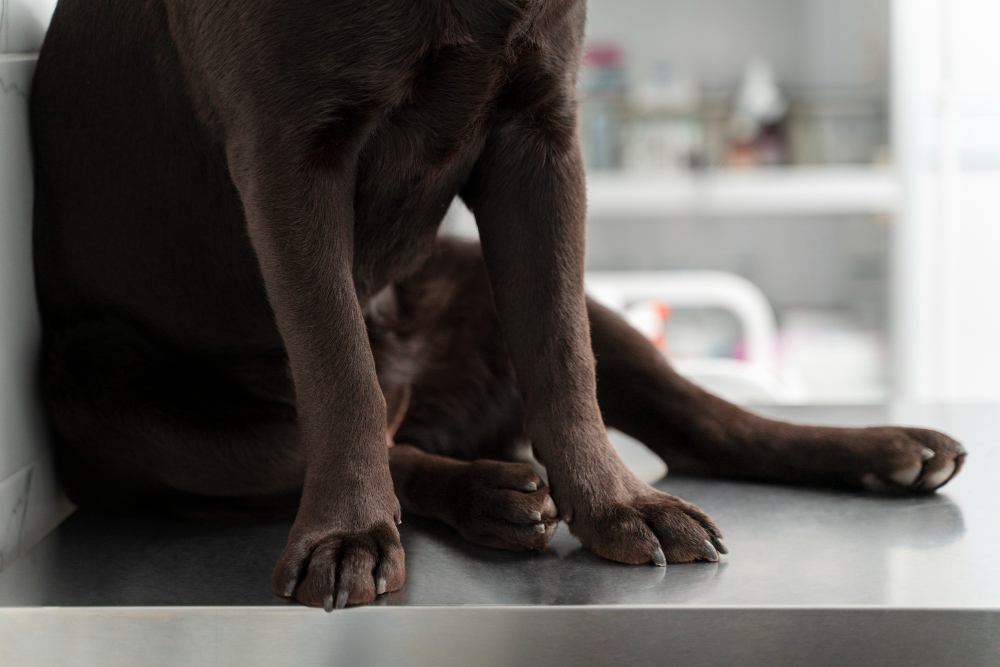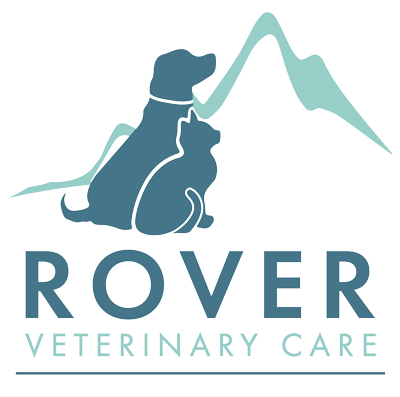A Guide to Caring for a Senior Dog With Advanced Hip Dysplasia

A Guide to Caring for a Senior Dog With Advanced Hip Dysplasia

Watching a beloved senior dog struggle with advanced hip dysplasia is heart-wrenching. Hip dysplasia can significantly impact daily activities, mobility, and quality of life. But with compassion, care, and the right resources, you can help your dog live more comfortably in their golden years.
This guide will help you understand hip dysplasia in senior dogs, explore ways to improve their well-being, and provide guidance for making difficult end-of-life decisions, including available options like in-home euthanasia in Reno, NV.
What is Hip Dysplasia in Dogs?
Hip dysplasia is a genetic condition where the hip joint doesn’t fit together properly, causing instability and wear over time. This leads to osteoarthritis, pain, and mobility challenges as the joint deteriorates.
While it can occur in dogs of any age, hip dysplasia can have severe consequences for senior dogs whose bodies are less resilient. Breeds like Labrador Retrievers, German Shepherds, and Golden Retrievers are especially prone to the condition due to their genetics and size.
Signs of advanced hip dysplasia in older dogs may include:
- Difficulty standing, sitting, or lying down.
- Limping or lameness in the hind legs.
- Reluctance to climb stairs or jump onto furniture.
- Loss of muscle mass around the hips.
- Changes in mood, such as increased anxiety or withdrawal.
- Severe pain that disrupts daily life.
How to Improve Your Dog's Quality of Life
Caring for a senior dog with advanced hip dysplasia requires patience and a proactive approach. Here are strategies to ensure your dog remains as comfortable and happy as possible:
1. Provide a Comfortable Home Environment
Creating a supportive and safe space is essential for senior dogs.
- Orthopedic Bedding: Invest in a high-quality orthopedic bed to relieve pressure on your dog’s hips and promote restful sleep.
- Non-Slip Surfaces: Place non-slip rugs or mats on slippery floors to prevent falls.
- Ramps or Steps: Use ramps for beds, couches, or cars to minimize jumping and reduce stress on the hips.
2. Focus on Pain Management
Managing pain is crucial to improving your dog’s quality of life.
- Medications: Speak to your veterinarian about prescription pain relievers, anti-inflammatory drugs, or joint supplements containing glucosamine and chondroitin.
- Alternative Therapies: Acupuncture, laser therapy, and massage can alleviate discomfort in many dogs.
3. Modify Diet and Nutrition
Obesity worsens hip dysplasia as excess weight adds pressure on the hips.
- Low-Impact Exercise: Gentle walks or swimming sessions can keep your dog active without straining their joints.
- Weight Management: Work with your veterinarian to create a diet plan tailored to your dog’s needs. Consider foods enriched with omega-3 fatty acids, which reduce inflammation.
4. Seek Professional Guidance
- Physical Therapy: Canine physical therapists can guide exercises that strengthen supporting muscles and improve mobility.
- Holistic Options: Some non-traditional methods, like CBD oil, have shown promise in reducing pain and inflammation for senior dogs.
Knowing When It’s Time to Say Goodbye
One of the most challenging decisions a pet owner faces is knowing when it's time to help their dog pass peacefully. For dogs with advanced hip dysplasia, there may come a time when maintaining quality of life is no longer possible.
The following questions may help you assess your dog's situation:
- Is your dog unable to perform basic tasks like walking, eating, or using the bathroom on their own?
- Is pain consistently present despite treatment efforts?
- Has your dog lost interest in favorite activities or interacting with family members?
If you feel the answers to these questions lean toward "yes," it may be time to explore end-of-life care options.
Understanding the Process of In-Home Euthanasia
Choosing in-home euthanasia in Reno, NV, can bring a sense of peace and dignity to your dog's final moments. Many pet owners find in-home euthanasia less stressful, as it allows dogs to pass surrounded by familiar sights, smells, and loved ones.
Here’s why more families are choosing in-home euthanasia:
- Comfort for Your Dog: No stressful trips to a clinic. Your dog stays comfortable in familiar surroundings.
- Privacy for Your Family: Grieving at home offers a private, personal space to say goodbye.
- Compassionate Care: Professional veterinarians ensure the procedure is handled with the utmost sensitivity and respect.
How to Prepare for the Day
While preparing for in-home euthanasia can be emotional, it’s helpful to consider these steps:
- Choose the Location: Select your dog's favorite spot, such as their bed or a cozy corner of the living room.
- Create a Calm Atmosphere: Light candles, play soft music, or simply sit quietly with your dog. Your presence will be comforting.
- Plan Aftercare: Decide whether you’d like to keep ashes, create a paw print memento, or explore burial options. Many veterinarians offer aftercare services to simplify these arrangements.
Rover Veterinary Care offers compassionate in-home euthanasia services in Reno, NV, to help dogs and their families transition with peace.
Building a Legacy for Your Dog
After your dog crosses the rainbow bridge, honoring their life can help with the healing process.
- Plant a tree in your yard as a living memory.
- Frame a favorite photo and place it somewhere special in your home.
- Share stories about your dog’s impact on your life with friends or on social media.
When You’re Facing the Toughest Goodbye
Caring for a senior dog with advanced hip dysplasia requires love, resilience, and difficult decisions. Every moment you’ve shared with your dog—from bounding puppy energy to quiet senior days—is a testament to the bond you’ve built.
If you're considering in-home euthanasia in Reno, NV, remember that you don’t have to face it alone. Contact Rover Veterinary Care today for compassionate guidance and support in making this decision. Our team is here to help you and your beloved dog every step of the way.
